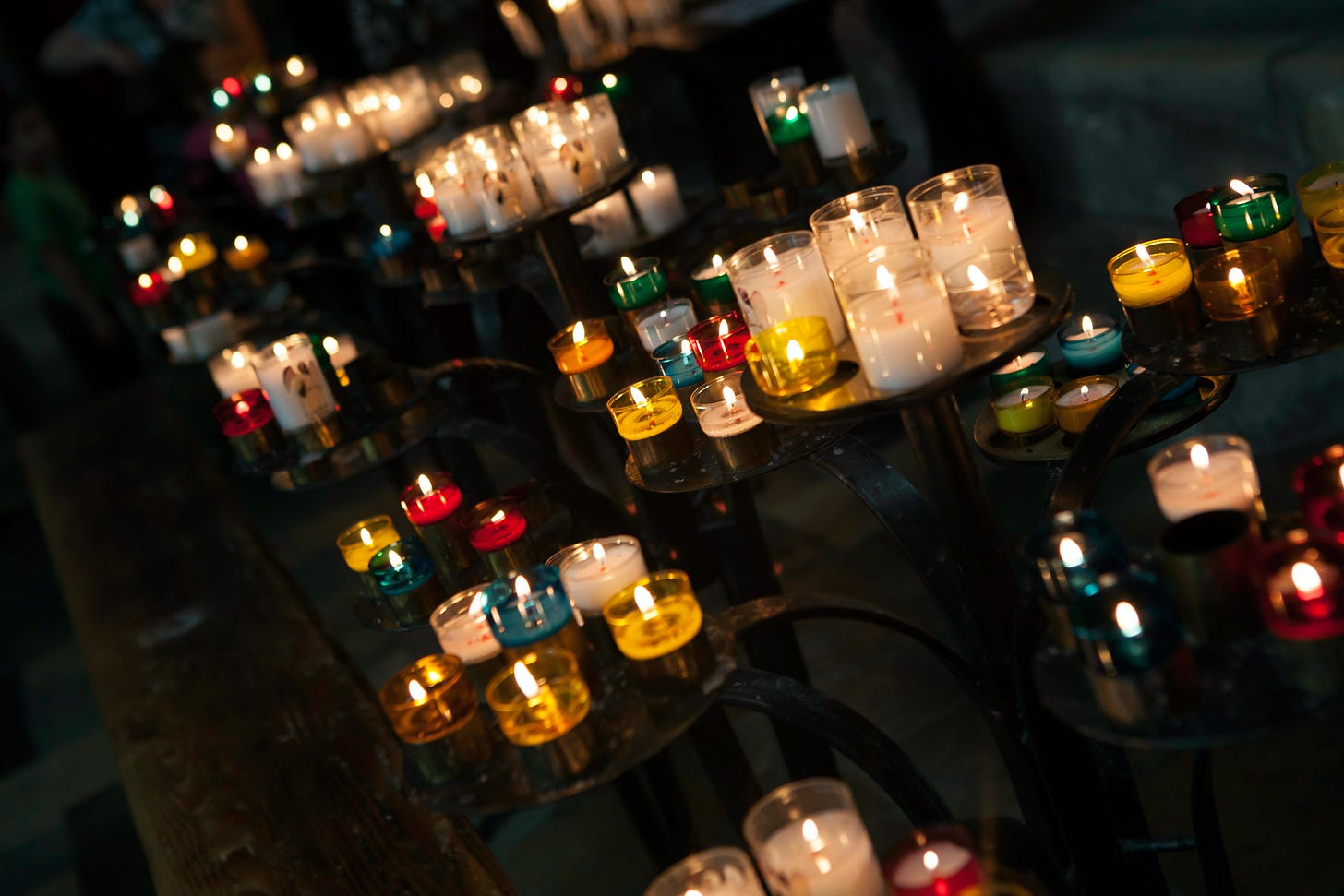Coping with Loss During the Holidays
Navigating your way through the "happiest time of the year" adds to the difficulty.
Thanksgiving, Christmas, Chanukah, Kwanzaa, Las Posadas, New Year's—that's a lot. If you're mourning the loss of a job or loved one or dealing with grief of any kind, the following aspects of this holiday season might be particularly challenging this year.
Gatherings
Holidays often center around parties and celebrations that include family members and friends. For my clients who have lost someone special, these occasions serve as powerful reminders of their loved one's absence and the changes they’re experiencing as a result.
Cultural Expectations
Societal expectations during the holiday season tend to center around the joyful, grateful, and celebratory. If you’re grieving, these expectations create a sense of pressure to suppress or hide your emotions, intensifying the internal struggle.
It also creates a sense of isolation, as you may feel you don't fit in with the festive atmosphere.
Memories and Traditions
Many holiday traditions involve specific rituals, places, or activities. This trig…
Keep reading with a 7-day free trial
Subscribe to A Death Doula's Substack to keep reading this post and get 7 days of free access to the full post archives.




